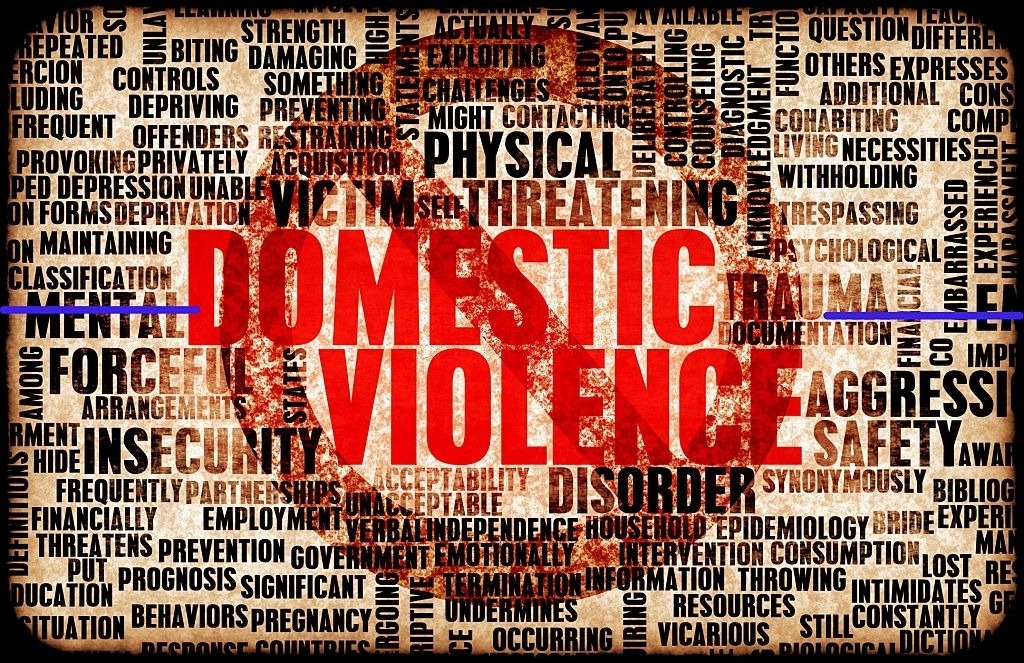Being abused (verbally or physically) by the one that at some point claimed they love you hurts differently, it’s a different realm of trauma and could totally be a life-altering experience.
Intimate partner abuse is a major public health problem, due to its affecting more than 2 million women and 800,000 men and resulting in homelessness, injury, or death of victims, billions of dollars in health care costs, and lost work productivity (source: Medicine Net)
The National Coalition against Domestic Violence (NCADV) defines domestic violence as willful intimidation, assault, battery, or other abusive behaviour as a part of a systematic pattern of power and control perpetrated by one’s intimate partner against another.
According to the Legal dictionary, spousal abuse/domestic violence is an abusive, violent, coercive or threatening act or word inflicted on one member of a family or household on another.
The consequence of such a detestable act which could be physical or mental stays with the victim and could be life-altering.
Spousal abuse doesn’t just connote hitting the victim alone, it could be saying awful or degrading words to the other party. Insults, threats, emotional abuse, sexual coercion, spiritual abuse all constitute domestic violence.
The psychological or mental effect of spousal could range from shame to a host of other mental issues.
- Shame: Domestic violence could result in shame for the affected individual and would possibly hinder them from divulging what they are going through or even seeking help.
- Guilt: the victim could be guilt-tripped into silence by the abuser and this does much harm.
- Low self-esteem: Having a poor perception of oneself is one of the mental effects of spousal abuse. Name-calling and insults all culminate in the low perception of oneself.
- Post-traumatic stress disorder: this is a reaction to psychological trauma which develops in response to previous abuse. It can be manifested in the form of fear and stress over time.
- Depression: A review of studies shows that the chances of experiencing PTSD were about seven times in women and about 7 times higher for women who have been victims of post-traumatic disorder than those who had not. The likelihood of developing depression was 2.7 times greater, anxiety four times greater and drug and alcohol misuse six times greater
- Suicide prone: The likelihood of having suicidal thoughts is said to be 3.5 times greater for women who had experienced domestic violence. Demotivation
- Substance abuse: According to the American Psychological Association. Excessive use of drugs or alcohol use increases the risk of being a victim of domestic violence and of being an abuser.
While the physical effect could range from the following;
- Bruises, welts and black eyes
- Cuts, lacerations and wounds
- Fractures, broken bones and dislocations Sprained wrists
- Internal injuries and internal bleedings.
- Substantial weight loss.
- Hydration and malnutrition
- Head, neck and back injuries
- Chronic pain and soreness
- Inability to sleep
- Increased vulnerability to illness and infection
- Tension
- Involuntary shaking, shortness of breath, sexual dysfunction, imbalance menstrual cycle, fertility issues in women.
Spousal abuse is a social anomaly that should be discouraged. Hitting one’s spouse isn’t a sign of strength but rather cowardice and perpetrators should be made to face the full wrath of the law. There are many stories of people who had a tragic end owing to this and can’t be referred to as survivors but rather victims who could have been abated. No one should lose themselves or their lives to such disdainful behaviour. Survivors are also encouraged to seek help and not feel ashamed of speaking their truth. Help can be sought by approaching legal practitioners or Human rights defendants and not excluding eLegal rubies foundation.
Also, there is also Domestic Violence Response teams set up in some states in Nigeria that can be approached in case of breach of the Violence against person’s prohibition Act.








